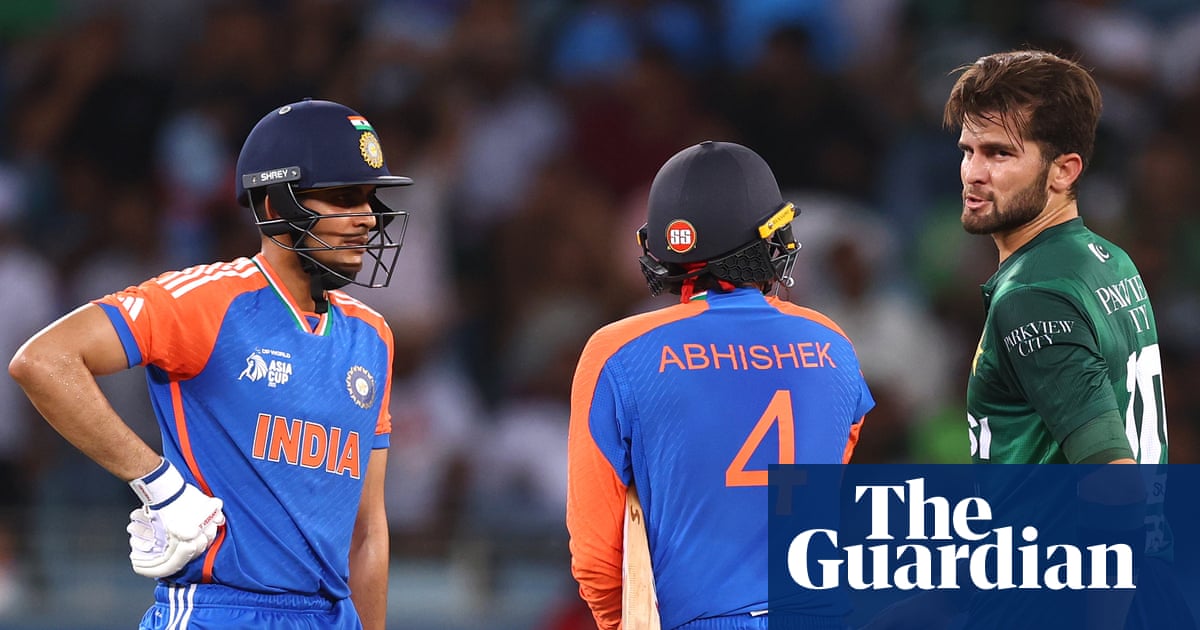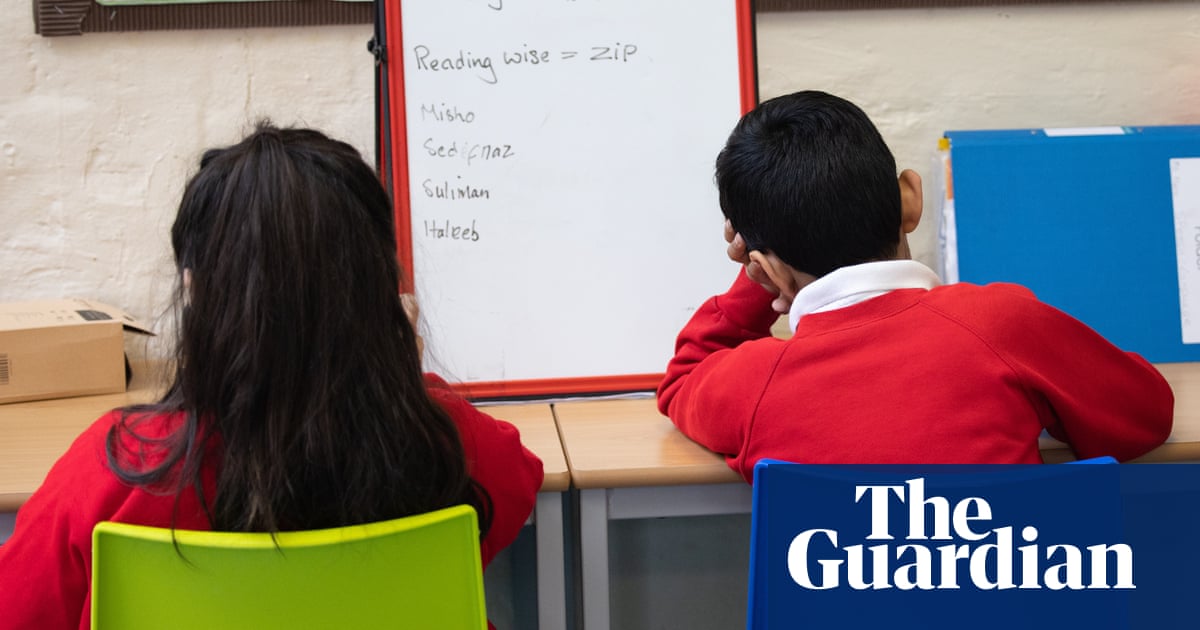Fantastic news! Channel 5 has revived the BBC’s wildly influential and much romanticised drama strand Play for Today. Well, it seemed like fantastic news until it became clear that the broadcaster has merely copied the name and necessarily broad premise – a collection of standalone dramas by different, often unestablished, writers and directors – and duly trumpeted a return for the trailblazing television format.
Trading on this cherished cultural heritage with no connection to the original is a brazen move. Will the programmes themselves be as audacious? The BBC’s Play for Today, which concluded 41 years ago, had a radical spirit, pushing the boundaries of contemporary taste and confronting the viewer with topics rarely seen on TV at the time.
When the reboot was announced, Channel 5’s chief content officer, Ben Frow, said the series would “reflect some of the thornier issues affecting our audience”. Perhaps that was the first sign that this would not be your mother’s – or indeed grandmother’s – Play for Today. The four new programmes do deal with thorny issues, as all dramas surely must, but they are common ones. These TV plays are relatable and largely run-of-the-mill. What they are not – and what the strand is always remembered as being – is fresh, inventive or shocking.
The first instalment, Never Too Late, cleaves least tightly to the format’s legacy. It centres on Cynthia, whose daughter sends her to a retirement village after she has a second fall. Played with outsize energy by Anita Dobson, Cynthia plots her escape, but her feelings are complicated by her new neighbour: ex-boyfriend and former rock star Frank (Nigel Havers, effortlessly charming as always). What follows, unfortunately, is a banal pantomime – it even concludes with a big old singsong – that is maddeningly predictable in plot and naffly daytime soap-esque in presentation.
Never Too Late has one redeeming quality: it gives its seventysomething protagonist full personhood. Cynthia is ill-tempered, vain and generally unlikable – but she is far from two-dimensional (other residents including the odd birdwatcher, the unsmiling morris dancer and daffy friend aren’t so lucky). This is important, especially once you realise who this series is aimed at. Three of the four instalments focus on retirees: rather than trying to upend the status quo, it’s clear this new Play for Today is determined to court the older viewer. It’s probably wise: according to a 2024 Ofcom report, the over-65s watch more live TV than everyone under 54 put together.
Big Winners targets the same demographic – albeit with far greater dramatic heft. Written by Martha Watson Allpress, it stars Sue Johnston as Edith, a woman trapped in a stultifying marriage in suburbia with her emotionally unavailable husband Arthur, played by writer and actor Paul Copley (whose 1979 motorcycle mechanic drama Pillion has the dubious honour of being the only episode of Play for Today never broadcast). Moments after Arthur discovers he’s won the lottery, Edith asks for a divorce. What follows is a devastating autopsy of their relationship, bolstered by an exceptional performance from Copley and a scarily bleak ending.
Coming down slightly in age is A Knock at the Door. Alan Davies is a hitherto household name comedian who lives handsomely off his prior success in a swish house – until a dishevelled man arrives on his doorstep claiming to have been mugged. This is where it becomes clear that Inside No 9 has spoiled us when it comes to one-off real-time thrillers. Unlike Reece Shearsmith and Steve Pemberton’s horror-comedy anthology, this is not an exercise in ingenious wrongfooting: you can see the denouement coming a mile off.
The only episode that doesn’t concern the over-50s is Special Measures, which sees Jessica Plummer (The Girl Before) play an overworked teacher who must shoulder responsibility for an entire department after her colleague quits on the day of an Ofsted inspection. The dialogue and direction is faultlessly naturalistic and Plummer is brilliant as a cool-headed, capable woman driven to despair. Yet, the chaos of this underfunded secondary school feels depressingly familiar.
With my pragmatist’s hat on, I can appreciate that this is a clever, headline-grabbing pseudo-revival by a TV channel uninterested in culturally revolutionary material. I’m also aware that we should probably just be grateful for the arrival of four one-off dramas that aren’t about murders or the insalubrious affairs of the eye-wateringly wealthy. But what if we weren’t? What if we refused to lower our expectations and continued to search for the next Dennis Potter or Mike Leigh or Stephen Poliakoff, makers of distinctive, beautiful, thought-provoking, uncomfortable television? They are out there somewhere, but broadcasters will have to be willing to take far greater risks to get them on TV.

 2 months ago
85
2 months ago
85

















































